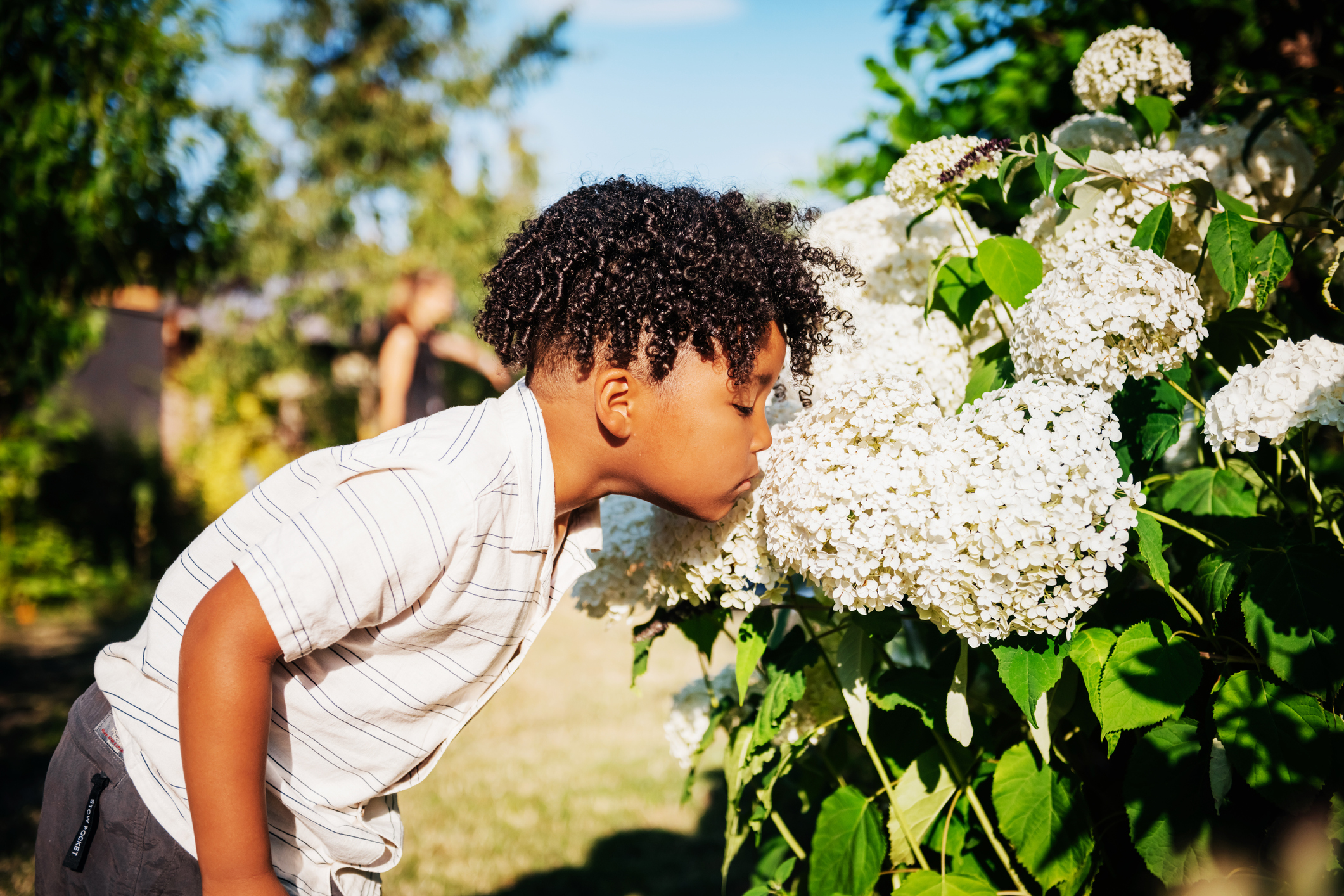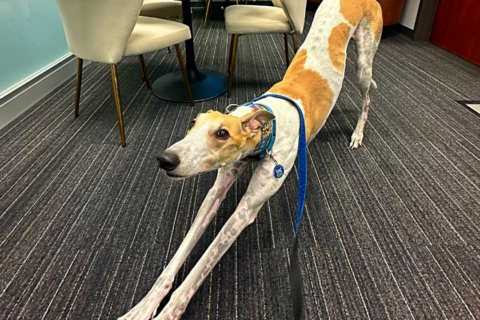From Seattle, Washington, to Doral, Florida, nearly 50 cities across the United States have moved forward over the last nine years to prioritize youth nature connection by participating in the Cities Connecting Children to Nature (CCCN) initiative, a joint national partnership with the Children & Nature Network. With a growing number of cities interested in making children and nature a priority, as witnessed in the newly launched Nature Everywhere Communities initiative, understanding the lessons learned from CCCN is essential to continuing to support sites in their efforts. Throughout, generous support from The JPB Foundation has underwritten the initiative.
Quotes from city leaders are just a few of the responses we received from a national survey conducted by the independent research firms Education Northwest and The Sustainable Learning Projects to explore and quantify CCCN’s learnings from 2014-2023. The researchers published a summative report in October of 2023 highlighting the CCCN activities that best supported cities in their efforts to connect children to nature.
“Being able to communicate to our team, our city department leads, and city leadership and say, ‘This is what the nation is doing, and we as Boulder are a leader in the nation’ … it really helps make the case.” – Boulder, CO
Since 2015, participating cities received multiple types of support through the initiative, including guidance on engaging municipal leadership, residents, and community organizations; support in prioritizing racial equity; technical assistance in mapping green spaces, community assets, funding opportunities, and more; access to a national collaborative of peer cities who are working on similar projects; facilitation of in-person and virtual gatherings; and technical assistance from national experts on equitable access for children and nature. In addition, some cities received seed funding to catalyze local children and nature efforts.
The report aimed to answer questions the partners felt would lead to better support for future sites. The independent researchers conducted surveys and interviews with participating cities and identified takeaways about the technical assistance practices cities found most useful to initiate change across multiple systems, and about the importance of adding local staff coordinating capacity. The researchers also framed a recommendation from composite site input about the need for a clear “process map” describing what to expect along the systems change journey.

The report findings helped us identify the five primary supports that cities said helped advance their work, with more than 60% of respondents saying they could not have done their work without this support. These included:
- CCCN toolkits and resources
- In-person meetings and conferences
- Opportunities to connect with other CCCN cities
- Opportunities to connect with CCCN staff
- Monthly assistance calls
In addition, of the cities that received catalytic grants, 78% said they could not have done their work without this initial funding. There is, of course, more work to be done. Most cities, roughly 60%, said they are working towards the program goals but have not yet achieved them.
“Having access to see examples of projects on the ground and build relationships with other community leaders and organizations doing this work in other areas has been extremely valuable.” – White Salmon, WA
NLC is taking these findings and recommendations to heart through the launch of the Nature Everywhere Communities initiative with partners Children & Nature Network and Kaboom! Indeed, in November 2023, Nature Everywhere welcomed a new cohort of 19 sites from across the country “to advance equitable access to nature everywhere children live, learn and play.” Cross-sector site teams explored potential goals and visions for connecting children and families to the benefits of nature during “vision labs” held in Austin, Texas, and Atlanta, Georgia. At each gathering, they learned about the expected journey map and the types of support they will receive. Vision Labs also grounded leaders in systems change and reviewed the strategies that can help them achieve outcomes.
The momentum for advancing equitable access to nature for children is growing across the country. These 19 new sites join a powerful national network of cities that are well on their way to achieving children and nature connections. NLC and its partners look forward to putting the lessons learned from nine years of the Cities Connecting Children to Nature initiative to work for current and future sites. Stay tuned for additional opportunities of ways new sites can join these efforts.













